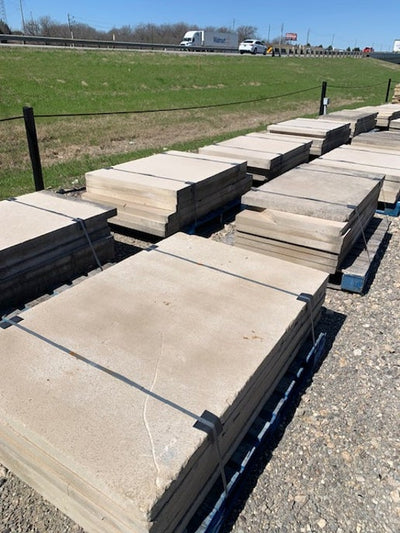Nectarine Smooth Texan
Nectarine Smooth Texan
Description: The 'Smooth Texan' nectarine produces large, juicy fruit with smooth skin, lacking the fuzziness commonly associated with peaches and some nectarines. The fruit has a sweet, rich flavor with a hint of tartness, making it a favorite among nectarine enthusiasts. The flesh is typically yellow or white, depending on the specific cultivar. 'Smooth Texan' nectarines are usually freestone, meaning the flesh separates easily from the pit, which is convenient for eating fresh or for use in cooking and baking.
Size: 'Smooth Texan' nectarine trees are typically medium-sized, reaching heights of about 12 to 15 feet (3.7 to 4.6 meters) and spreads of 10 to 12 feet (3 to 3.7 meters) at maturity. However, the size of individual trees may vary depending on factors such as growing conditions, climate, and pruning practices. 'Smooth Texan' nectarine trees have a rounded canopy with dense foliage, providing ample shade and ornamental value in the landscape.
Best Growing Zones: 'Smooth Texan' nectarine trees are well-suited to regions with mild, temperate climates. They thrive in USDA plant hardiness zones 6 through 8, where temperatures rarely drop below -10°F (-23°C) in zone 6. 'Smooth Texan' nectarines require a certain amount of winter chill hours to set fruit successfully, making them best suited to regions with a pronounced winter season. They prefer full sun exposure to ensure optimal fruit production and require well-drained soil with good fertility.
Soil and Sun Requirements: 'Smooth Texan' nectarine trees prefer well-drained soil with good aeration and moderate fertility. They thrive in full sun, receiving at least 6 to 8 hours of direct sunlight per day. Adequate sunlight is essential for promoting vigorous growth and abundant fruiting. 'Smooth Texan' nectarines are tolerant of a wide range of soil types, including loamy, sandy, or rocky soils, as long as they are well-drained and have good moisture retention.
Watering: 'Smooth Texan' nectarine trees have moderate water needs and prefer consistently moist soil, especially during periods of active growth and fruit development. Water deeply but infrequently, providing about 1 to 2 inches (2.5 to 5 centimeters) of water per week, depending on weather conditions and soil moisture levels. Avoid overwatering, as soggy soil can lead to root rot and other problems. Mulching around the base of the tree can help conserve soil moisture and suppress weed growth.
Maintenance: Proper pruning and maintenance are essential for maximizing fruit production and maintaining the health of 'Smooth Texan' nectarine trees. Prune as needed to maintain the desired shape and size, removing any dead, diseased, or crossing branches. Thinning out overcrowded branches can improve air circulation and sunlight penetration, reducing the risk of fungal diseases and promoting fruit ripening. Fertilize 'Smooth Texan' nectarine trees in spring with a balanced fertilizer to encourage healthy growth and fruiting.

